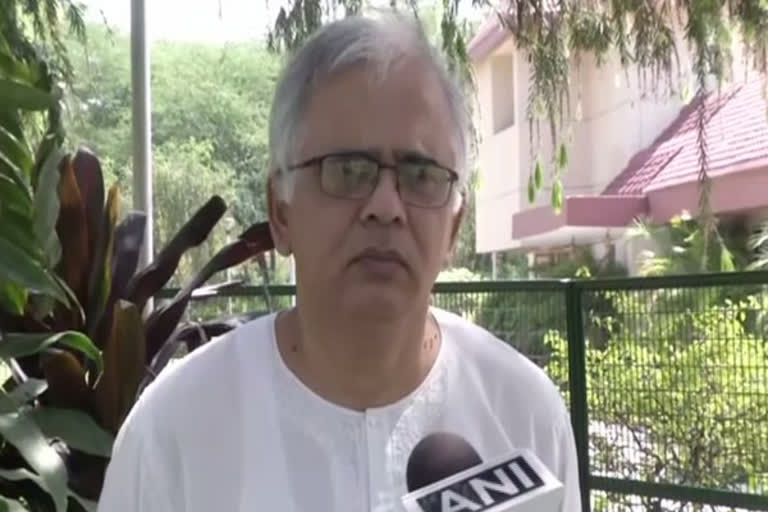New Delhi: Amid concerns that coronavirus have undergone mutation and the new strain maybe more contagious, India's premier R&D organisation, CSIR, has submitted as many as 53 genome sequences of the virus to a global genome database, a move that may help in better understanding of the virus and developing a vaccine.
The Council for Scientific and Industrial Research (CSIR) is also planning to submit additional 450 genome sequence data of coronavirus by May 15, its Director General Shekhar Mande told media.
CSIR's Institute of Genomics and Integrative Biology (IGIB), Delhi, Centre for Cellular and Molecular Biology (CCMB), Hyderabad and Institute of Microbial Technology, Chandigarh are currently sequencing the genomes of the novel coronavirus, he said. Other CSIR institutes are also expected to join the process.
ALSO READ |COVID-19: HRD assessing situation in countries with CBSE schools to decide on pending
"We have so far submitted 53 genome sequences to the GISAID (Global Initiative on Sharing All Influenza Data). By May 15, we intend to submit additional 450 genome sequences," Mande said, adding all 53 have been sequenced by the scientists at the IGIB.
Genome sequencing is figuring out the order of DNA nucleotides. It helps in understanding how genes work together to direct the growth, development and maintenance of an organism.
IGIB Director Anurag Agarwal said in case of coronavirus, sequencing will help understand the origins of the virus.
For instance, if a virus emerges from a particular cluster, sequencing will make it easier to identify its origin later when it is found in some other part of the country or world. Plus, it will be helpful in making the vaccines and drugs for it, he added.
Earlier this week, a study by a US-based science laboratory has indicated that there is a new, highly-potent strain of coronavirus that has spread globally and is more contagious than the virus in early days of the COVID-19 pandemic.
In the Indian context, Mande said the sequences submitted to the GISAID by the CSIR deals with the coronavirus detected in Indians.
